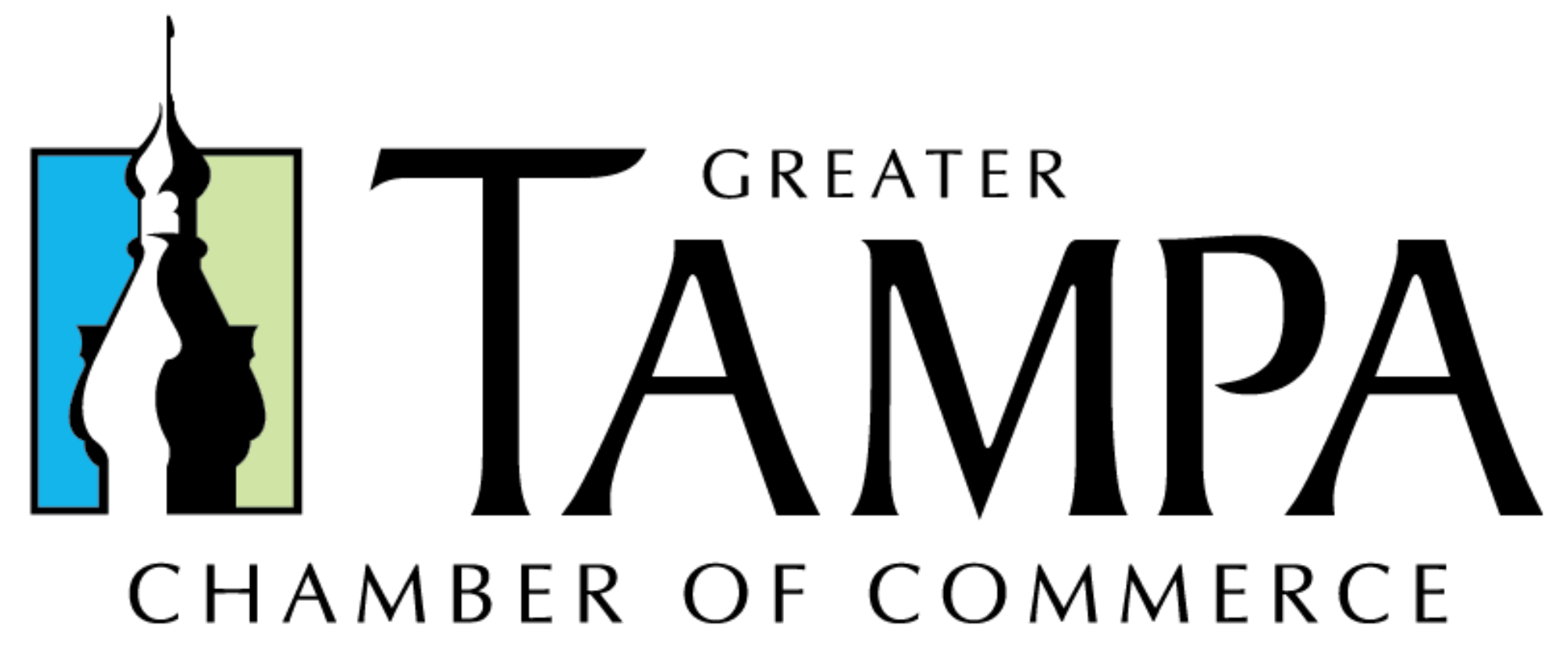Travel Incentives for Employees Are Proven To Increase Productivity & Sales
Businesses seeking to motivate their sales or general staff to accomplish an objective or perform better have many incentive options to choose from and it is important to know what choices provide the most outstanding results. Monetary rewards such as a quarterly bonus are less effective since they provide short term recognition to the participants. Merchandise oriented awards are only effective if they offer employees something they want and have difficulty obtaining on their own. Travel incentives for employees have been proven to be the most result driven, long term option for maintaining consistent productivity or sales increases. Why is this option more reliable than any alternative choice? These rewards are not the same as a simple family vacation because they offer individuals the opportunity to gain an extraordinary experience without paying out of pocket. Trip incentives are an applicable program choice for:
- Reaching a Defined Goal
- Encouraging Teamwork
- Performance Recognition
- Attendance Improvements
- Heightening Sales
- Raising Morale
- Retaining Top Employees
A well planned trip incentive is capable of heightening morale or productivity while supporting corporate values and staff loyalty. Certain characteristics must be present to receive a desired boost in productivity or sales. A company should take ample time to plan out the purpose, objectives, time frame, promotion techniques, and offered reward before presenting the program to an entire staff or department.
Creating a Successful Incentive Program
The structure and marketing of an award program will play a significant role in the experienced end results. Public recognition is imperative for motivating all participants since being recognized by peers provides its own morale boost. A system must be created to recognize each top performer with a reward of acceptable size or value. Companies choosing to use travel incentives for employees will gain a better outcome by evaluating the target group or individuals in regards to their current earning level, desires, and tax implications. An employee with extra funds will have no problem paying any required taxes for the received trip whereas others could be incapable of taking the trip due to this factor. These considerations are essential before planning out an incentive program:
- Company Goals
- Total Cost
- Targeted Group
- Type of Award
- Performance Tracking Methods
- Goal Achievement Obstacles
- Methods for Measuring Results
- Participant Preferences
Each of the above items will have a pivotal role in the success of a chosen travel incentive for employees. The reward must fit the lifestyle and financial condition of the participants to be a motivator. Individuals only making enough to get by are not going to be inspired to work harder for a trip that is immediately above their means. Those who travel frequently or have extra cash on hand are less motivated by a trip they can take any time on their own. It is important to fit the offered reward to the target group in order to receive the desired increases. Additionally, a company needs to have concrete methods in place to measure performance, recognize top achievers, and evaluate an incentive program after it has been completed. Companies who take the time to properly evaluate each aspect of a program will experience the biggest boosts in productivity and sales.

